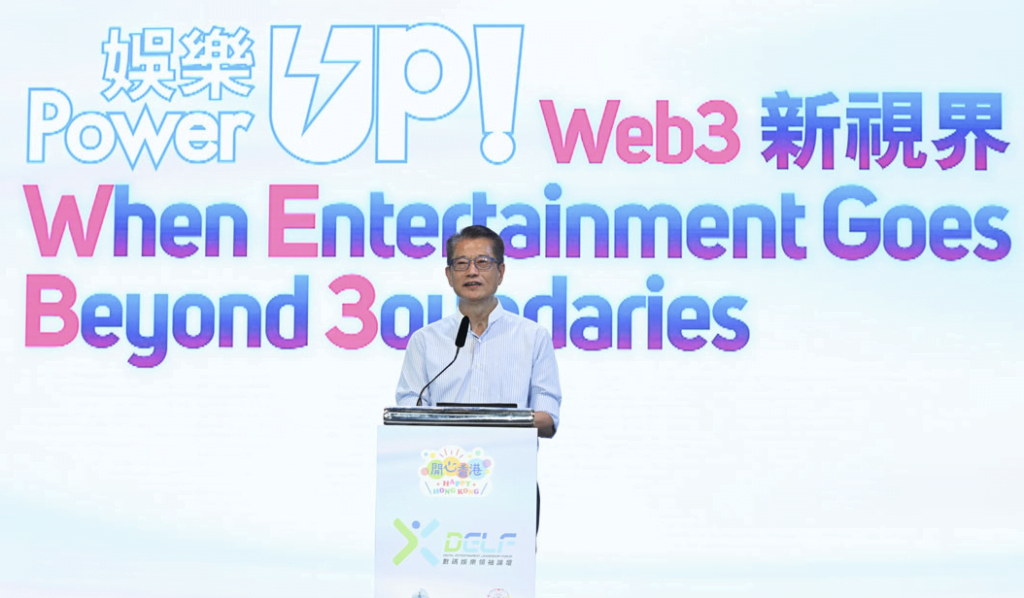In a recent blog post, Hong Kong’s Financial Secretary, Paul Chan Mo-po, wholeheartedly endorsed blockchain technology. According to him, blockchain represents the next frontier of “breakthrough growth” in the digital technology sector. Delving into specific areas within the broad framework of Web3—an evolved, decentralized version of the World Wide Web—he identified emerging sectors poised to redefine digital entertainment. These include NFTs, GameFi, Play-to-Earn gaming, and immersive entertainment experiences.
Government Investments in Web3 and Cyberport
In line with these forward-looking statements, Chan reminded his audience that the local Hong Kong government has been pushing to adopt Web3 technologies. For example, he cited the issuance of government-backed tokenized green bonds in February. Moreover, the government allocated $50 million to Cyberport. This tech hub is often considered Hong Kong’s answer to Silicon Valley, although fully government-run.
This investment is yielding dividends. Cyberport is now home to more than 180 companies related to Web3 technologies, which range from start-ups to unicorns and licensed virtual asset trading platforms.
Web3 Task Force and Its Broader Implications
Additionally, Chan emphasized that he recently chaired a meeting with members of the Web3 Task Force, a body constituted in June to promote Web3 development in the territory. In May, Yat Siu, the co-founder of Animoca Brands, was appointed to this task force. The initiative was part of a broader Hong Kong government policy aimed at fostering the growth of virtual assets and acknowledging their integral role in the emerging Web3 ecosystem.
Chan stated: “The Task Force unites experts and industry leaders to help the Government cultivate a stable and thriving Web3 environment in Hong Kong. This encompasses areas such as regulation, ecosystem development, infrastructure, skill-building, education, and outreach.”

Chan elaborated further on the transformative potential of Web3, stating, “The application of fast-developing Web3 is not confined to digitainment or virtual assets. The blockchain technology underpinning Web3 is characterized by disintermediation, security, transparency, immutability, and low cost.” He believes that, with continuous innovation, blockchain technology could resolve a wide array of challenges in sectors as diverse as finance, business, trade, supply chain management, and even our everyday lives.
Conclusion
Hong Kong’s financial secretary’s endorsement of blockchain technology and Web3 has critical implications for the territory’s future. His statements and the government’s active financial backing in this sector suggest that Hong Kong is keen to position itself as a leader in the digital technology landscape. The city’s embrace of these technologies could signify a pivotal moment in its tech evolution, potentially paving the way for groundbreaking solutions across multiple industries. With various government initiatives already in motion, it remains to be seen how these efforts will shape Hong Kong’s technological landscape in the coming years.



